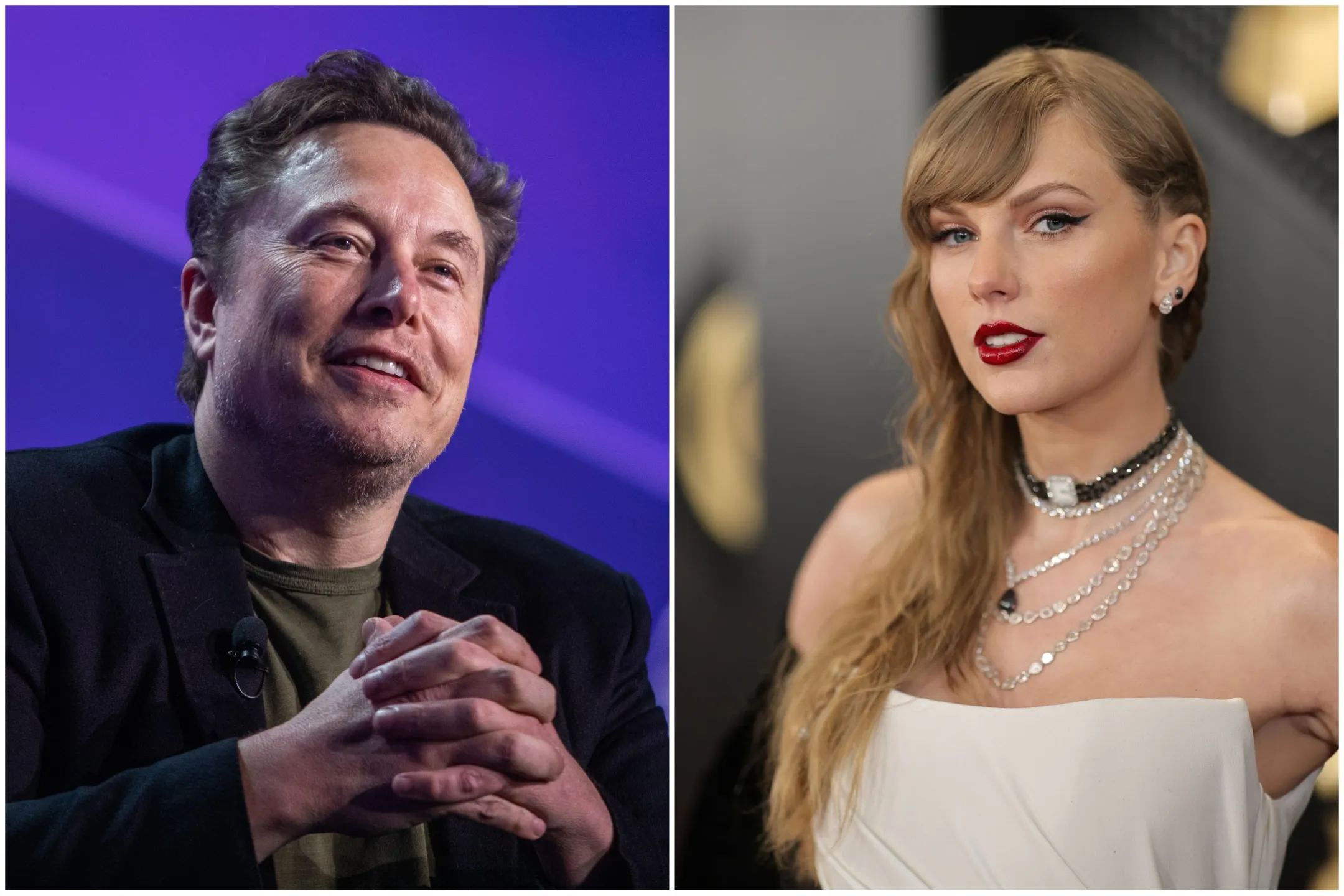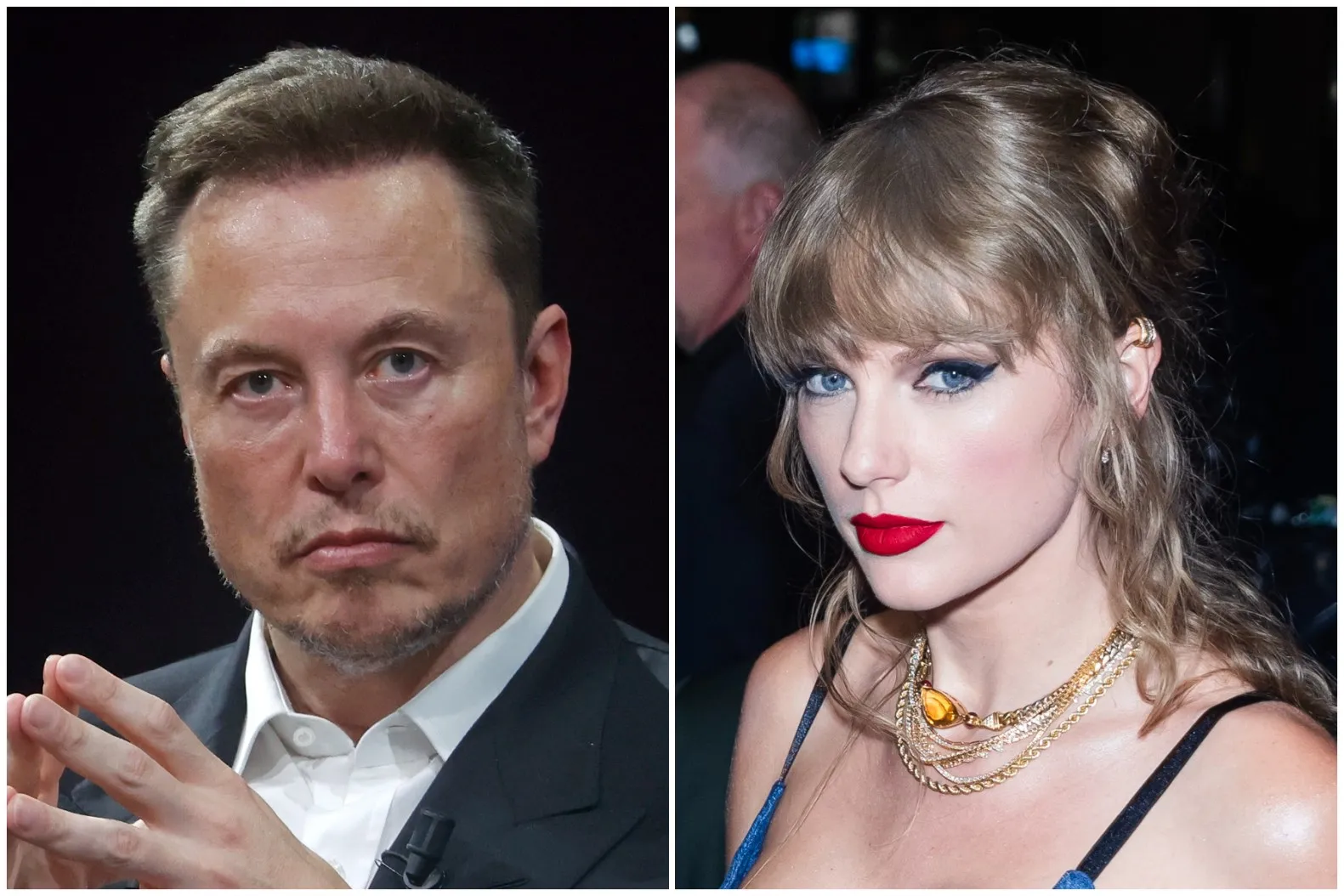In an unexpected turn of events, tech mogul Elon Musk has made a public plea for pop superstar Taylor Swift to post her music on what he called “Zombie Twitter,” referring to the platform’s recent changes under his ownership. The appeal has caused a stir not only in the tech and entertainment worlds but also among Swift’s massive global fanbase, raising questions about the future of social media, the music industry, and the relationship between artists and the platforms they choose to engage with.

Since Elon Musk took over Twitter in late 2022, the social media giant has undergone significant changes, both in its policies and its general operation. Musk, who has consistently emphasized his desire to make Twitter a more “free-speech-oriented” platform, has faced growing criticism from various user groups over his handling of the site. However, one of the most striking elements of his tenure has been the steady decline in engagement on the platform, often referred to as “Zombie Twitter” by some observers due to its perceived stagnation. Despite this, Musk has remained determined to reinvigorate the platform and turn it into a central hub for diverse conversations, opinions, and media. His latest attempt to breathe life into the site came when he reached out to Taylor Swift, one of the world’s most influential artists, in a very public fashion, urging her to release her music on Twitter.

In a tweet that sent shockwaves across the internet, Musk wrote, “Hey @TaylorSwift13, would you consider posting your music on Zombie Twitter? The world needs it, and your fans deserve it. This platform could use a little bit of your magic!” The tweet, which quickly went viral, drew mixed reactions. Musk’s request was undoubtedly a bold one, given Swift’s history with the platform and her carefully curated relationship with social media. While Swift has a massive following on Twitter, she has always been selective about her use of the platform, often preferring to focus on personal interactions with fans rather than promoting her music directly. Additionally, Swift’s reluctance to engage with certain platforms, like Spotify, in the past—due to issues regarding fair compensation for artists—further complicated Musk’s appeal.
Fans and critics alike were quick to weigh in on Musk’s message. Many of Swift’s fans, known as Swifties, took to social media to express their admiration for her but also raised concerns about the platform’s current state. Some pointed out that Twitter’s recent controversies, including issues with harassment and disinformation, made it a difficult space for any artist, let alone someone as high-profile as Swift. Others joked about the idea of Twitter being a “zombie” and wondered whether the platform could truly handle the influx of attention that would come with Swift’s music. “I love Elon but did he forget that ‘Zombie Twitter’ is literally dead in the water?” one fan tweeted. “Taylor Swift could single-handedly revive it, but why would she want to put her music on a platform with so much negativity?”
However, some saw Musk’s request as a strategic move, one that could potentially benefit both Swift and Twitter. With Twitter’s reach and influence dwindling, Musk has been scrambling to attract big-name talent and content creators to revitalize the platform. Given Swift’s unmatched influence in the music industry, her presence on Twitter could generate a surge in user activity and engagement. Some industry analysts speculated that Musk might be offering Swift an exclusive deal, potentially involving more favorable terms or even a new form of direct interaction between Swift and her fans that would bypass traditional streaming platforms.
Swift, who is known for being very deliberate about her career decisions, has yet to publicly respond to Musk’s offer. She has always been a vocal advocate for artists’ rights and has carefully crafted her brand in a way that allows her to maintain significant control over her music. This includes her high-profile battle with Scooter Braun over the ownership of her master recordings and her decision to re-record her early albums, which has sparked widespread admiration and discussion about the value of ownership in the music industry. Given this, many speculate that Swift’s decision will not be an easy one. While she has made moves toward engaging with fans more directly through platforms like Instagram and YouTube, she has also maintained a cautious distance from social media at times, making it unclear whether she would be willing to partner with Musk’s embattled platform.
There is also the question of whether Swift would consider posting her music exclusively on Twitter, especially in light of the fact that she has previously been selective with where her music appears. Swift’s decision to pull her catalog from Spotify in 2014 was based on her belief that the platform did not offer fair compensation to artists, particularly songwriters. While Swift later returned to Spotify after a significant policy change, her stance on music distribution has remained closely tied to her principles about artist compensation and ownership. If she were to release music on Twitter, it would likely be as part of a broader strategy to maintain her control over how her content is shared and consumed.
For Musk, this is likely a desperate attempt to breathe new life into a platform that has seen a decline in both its user base and credibility since his acquisition. Zombie Twitter, as it is often referred to, is seen by many as a relic of its former self, struggling with a chaotic mixture of toxic behavior, misinformation, and diminishing engagement. Musk’s appeal to Swift, therefore, might be seen as his final attempt to restore Twitter to its former glory—an effort that, at least in this case, could hinge on the involvement of one of the biggest pop stars in the world.
In the coming weeks, all eyes will be on Taylor Swift as she decides how to respond to Musk’s public request. While her decision could shape the future of Twitter, it also serves as a reminder of how artists and their relationships with social media platforms continue to evolve, often in response to changes in the digital landscape. Whether or not Swift decides to post her music on Twitter, one thing is certain: the conversation surrounding her and Musk’s unusual interaction is only just beginning.



